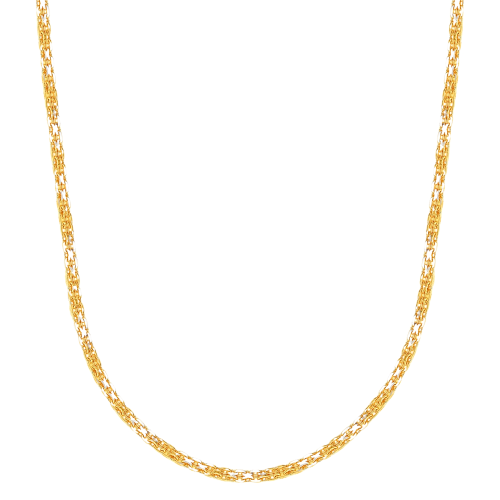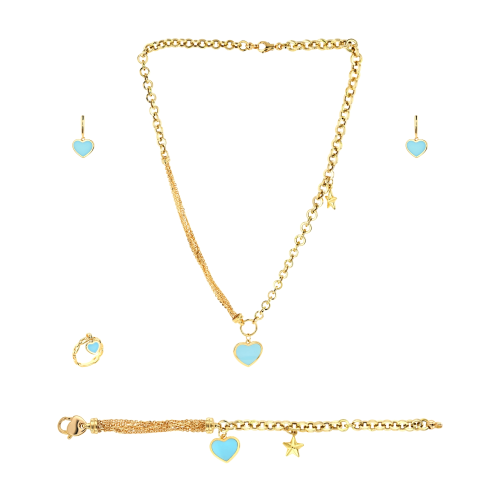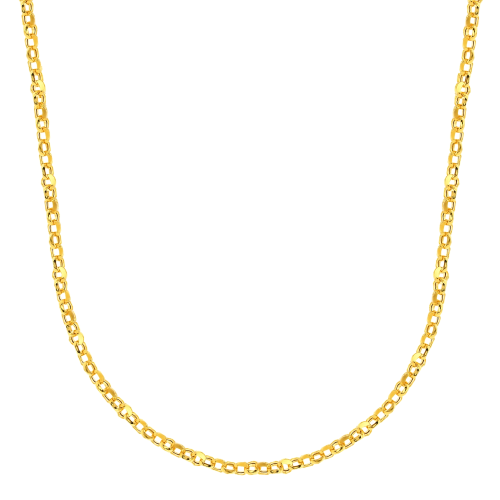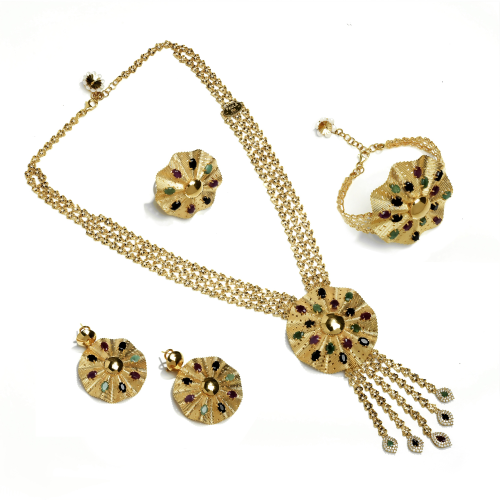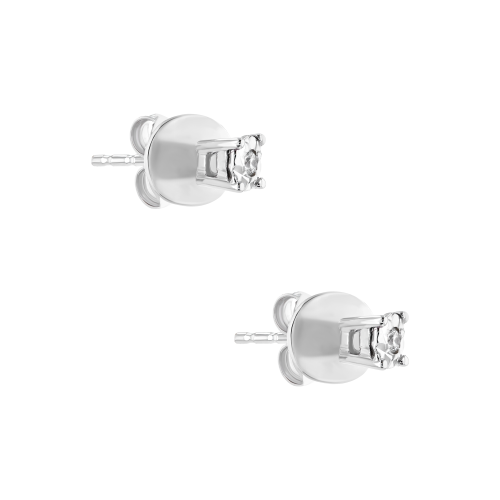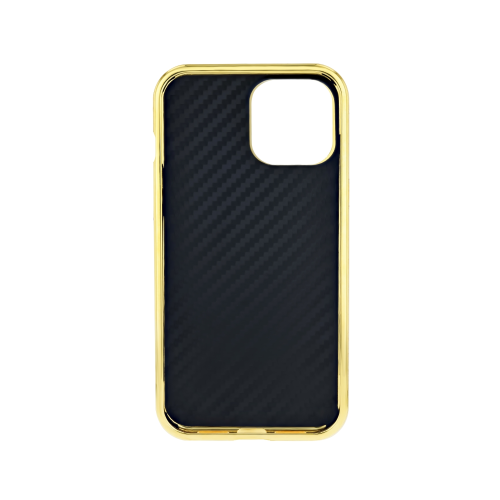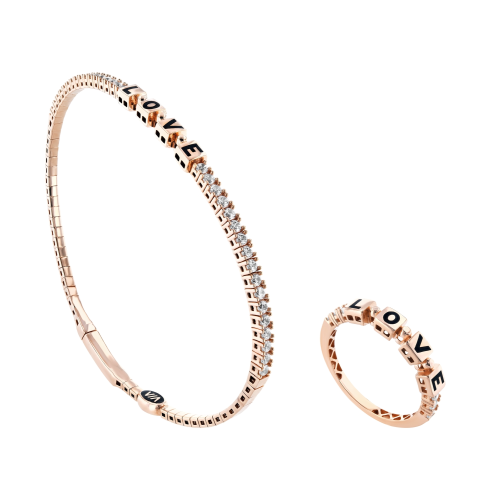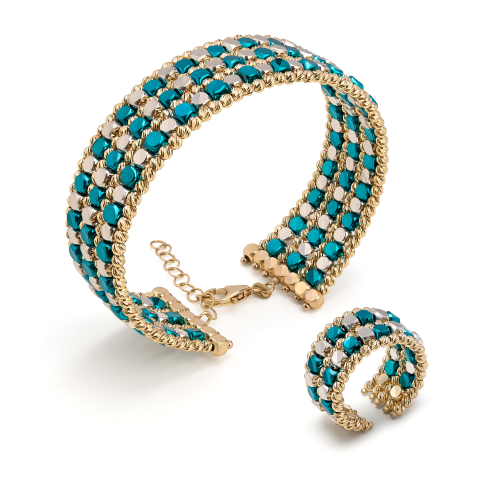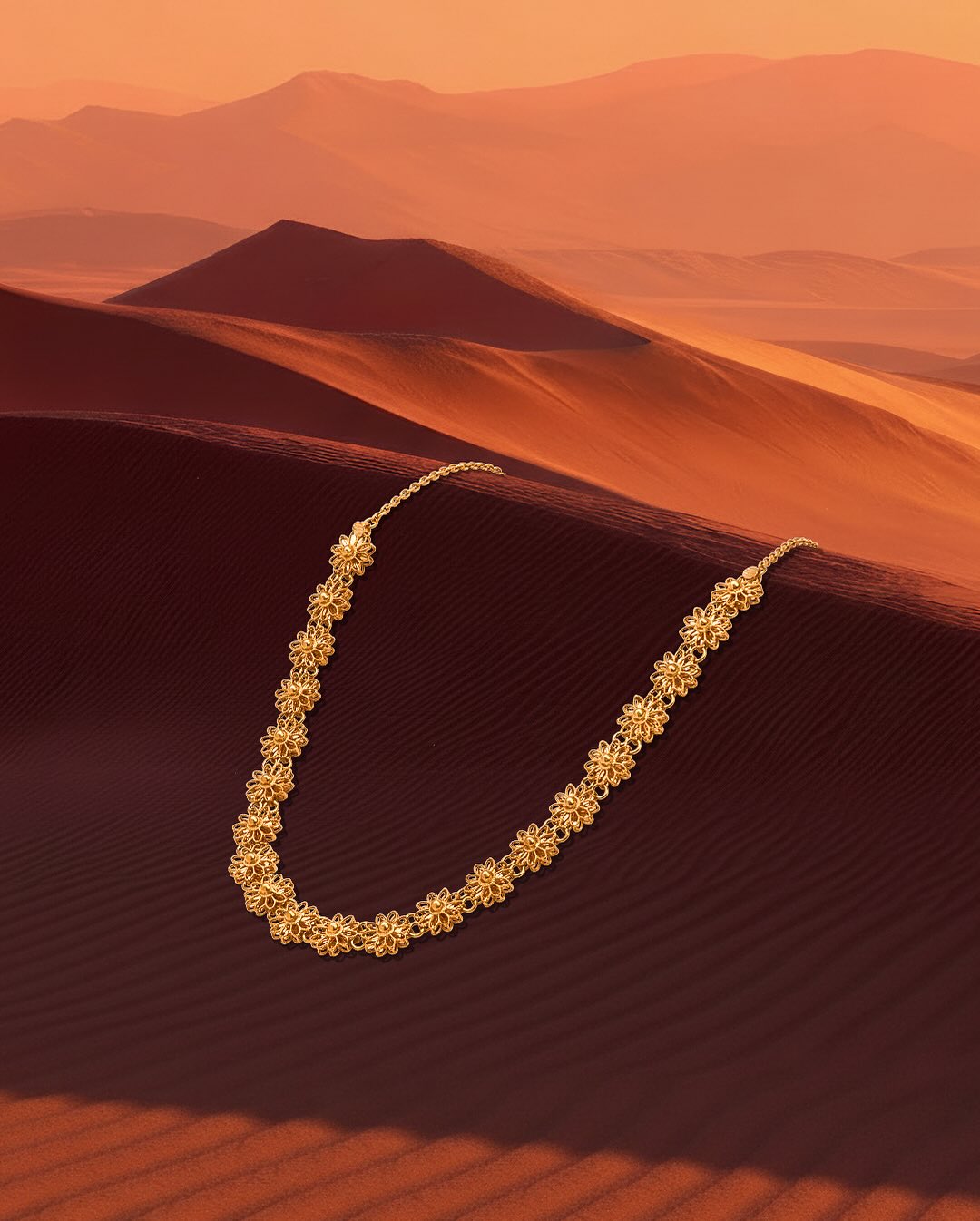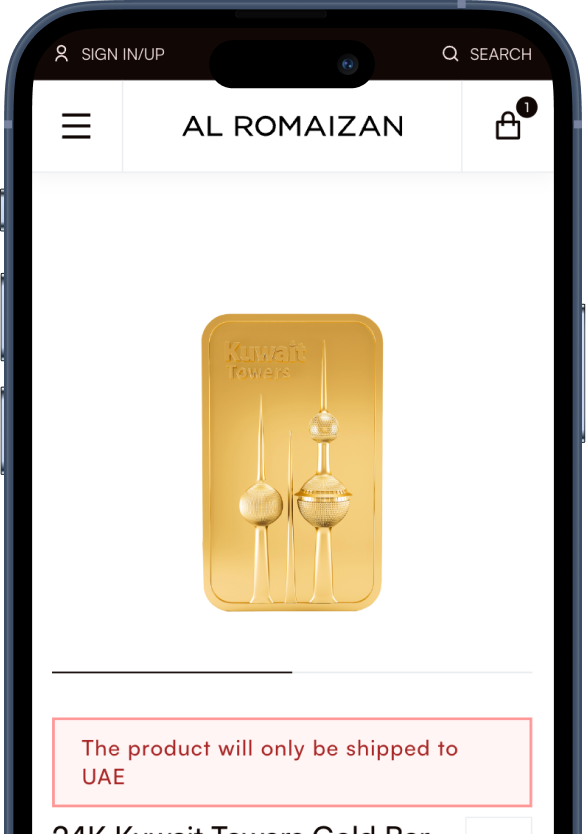The Anatomy of a Perfect Karat: Understanding Gold Purity in GCC Standards
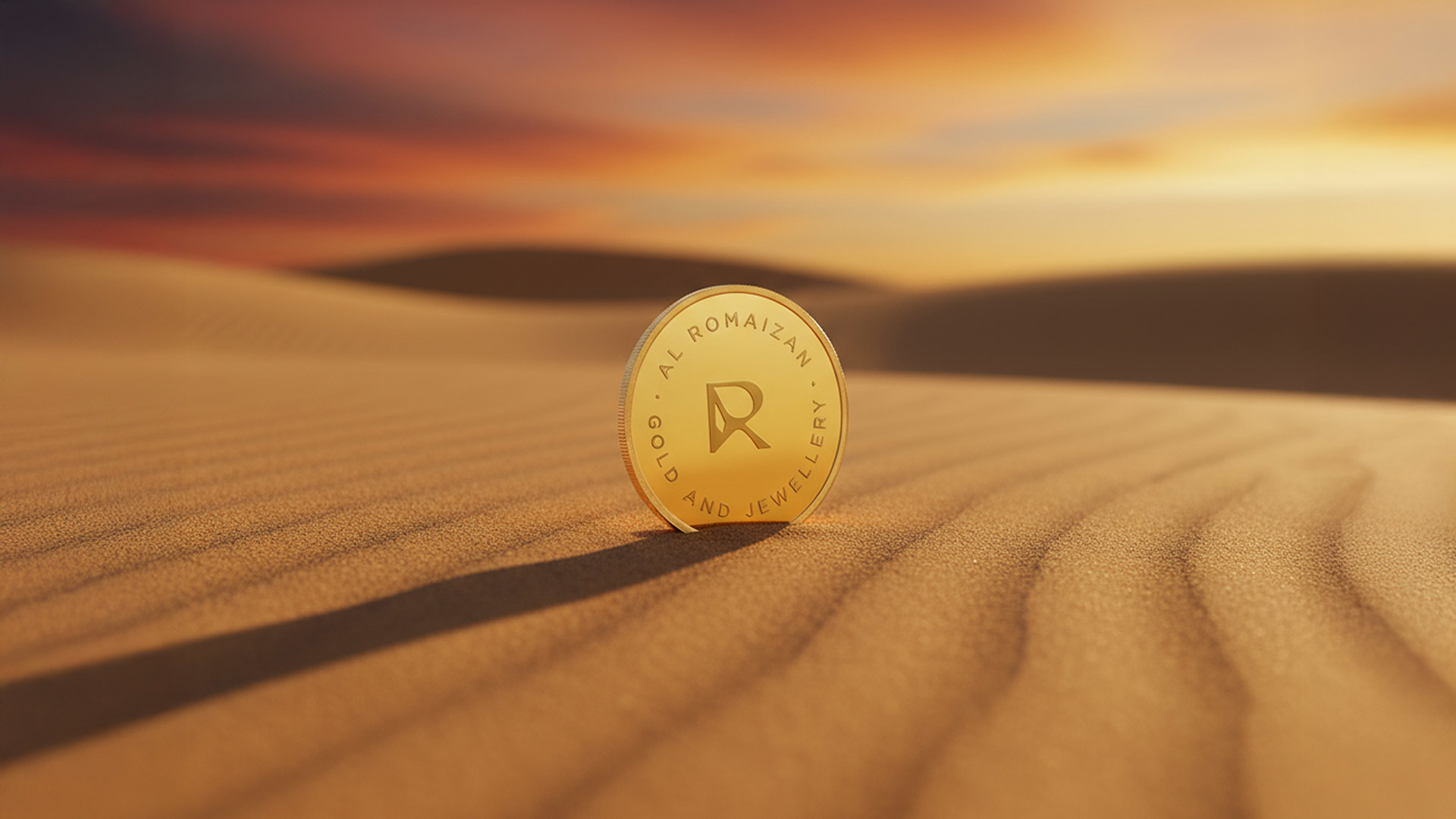
Gold has captivated humanity for thousands of years. Its lustrous shine, timeless elegance, and intrinsic value make it the ultimate symbol of wealth and luxury. Yet for many buyers in the Gulf Cooperation Council region, one question remains confusing: What does karat really mean, and how do you know if your gold is truly pure?
If you're shopping for gold jewelry or investment pieces in the GCC—whether in Saudi Arabia, the UAE, Kuwait, or Qatar—understanding gold karat standards isn't just helpful. It's essential. This guide demystifies the world of gold purity and helps you make informed decisions about your precious metal purchases.
What Is a Karat, Really?
Let's start with the basics. A karat (spelled "carat" in some regions, though "karat" is standard for gold purity) is a unit of measurement that indicates the purity of gold. Think of it as a scorecard for your gold's quality and authenticity.
One karat represents 1/24th of pure gold. This means that 24-karat gold is 99.9% pure—the highest standard you'll find in the market. Every number below 24 tells you exactly how much of the gold jewelry is actual gold versus other metals mixed in.
Here's the simple math: If a piece is 18-karat gold, it contains 18 parts pure gold and 6 parts of other metals. That makes 18K gold approximately 75% pure gold. For 14-karat gold, you're looking at 14/24 or about 58% purity. Understanding this ratio is your first step toward becoming a savvy gold buyer.
GCC Gold Standards: What You Need to Know
The GCC countries maintain strict standards for gold purity and hallmarking. The region is home to some of the world's largest gold markets, and governments have established rigorous regulations to protect consumers and maintain market integrity.
In most GCC nations, the most commonly traded gold purities are 24K, 22K, 21K, and 18K. The 24-karat gold is considered the pinnacle—it's what investors and traditional buyers prefer. However, 22-karat and 21-karat gold are also incredibly popular in the region because they offer a balance between purity and durability.
The difference between 24K and 22K might seem minimal, but it matters. While 24K gold is softer and more prone to bending or scratching, 22K gold is reinforced with small amounts of other metals, making it more suitable for everyday jewelry. This is why wedding rings and bangles are often crafted in 22K or 21K rather than pure 24K.
Why the GCC Favors Higher Karat Gold
If you've shopped for gold in the Middle East, you've probably noticed something: the preference for higher karat gold here is significantly different from Western markets. While American and European buyers often opt for 14K or 18K gold, GCC customers traditionally choose 22K or 24K.
There are several reasons for this cultural and economic preference. First, the GCC has a long tradition of gold ownership as a form of wealth preservation. Higher purity gold maintains its value better and is easier to resell or trade. Second, the region's gold buyers view purity as a marker of authenticity and prestige. Wearing 24K gold is a statement—it represents the finest quality available.
Additionally, the GCC's gold market is heavily influenced by international spot prices, where pure gold value is the foundation. Buying higher karat gold means you're investing in actual precious metal rather than alloy metals that carry no resale value.
Understanding Hallmarks: Your Proof of Purity
Every legitimate gold piece sold in the GCC should carry a hallmark—an official stamp that guarantees its purity. These hallmarks are your protection against fraud and your proof of authenticity.
In GCC countries, hallmarks typically include several elements. There's the karat number (24, 22, 21, or 18), the assay office mark that confirms the piece was tested, the jeweler's identification mark, and sometimes the date of manufacture. These marks might be tiny, but they're mighty important.
When you're buying gold in Dubai, Riyadh, or any GCC city, always check for these hallmarks. A reputable jeweler will have certified testing stations and will proudly display their credentials. If a gold piece lacks proper hallmarking, it's a red flag. Walk away and find a trusted dealer instead.
The Price Connection: Why Karat Matters to Your Wallet
Here's what every gold buyer needs to understand: karat directly impacts price. Pure 24K gold is more expensive per gram than 22K, which is more expensive than 18K. But it's not just about the purity percentage—it's about how the market values that purity.
When you purchase gold in the GCC, you're paying for the pure gold content plus a markup for craftsmanship, design, and retail margins. Understanding karat standards helps you calculate whether you're getting fair value. If two pieces of gold jewelry are identical in design but different in karat, the 24K piece should cost more—proportionally to its higher purity.
Smart buyers use this knowledge to their advantage. Some prefer buying lower karat jewelry that's designed beautifully because the artwork justifies the cost. Others strictly buy investment-grade gold in high karats because resale value is paramount. Both strategies are valid—it depends on your priorities.
Making Smart Choices: Questions to Ask Your Jeweler
When shopping for gold in the GCC, arm yourself with these essential questions:
What's the exact karat weight? Don't accept vague answers. Know precisely what you're buying—24K, 22K, or 21K.
Can you show me the hallmark? A trustworthy jeweler will proudly point out the official stamps and explain what they mean.
What's the current spot price of gold? This gives you a baseline. Gold prices fluctuate daily based on international markets, and you should know the reference point.
What's your profit margin on this piece? Transparent jewelers will explain their markup. The amount varies but shouldn't feel exploitative.
Do you offer buyback services? If you plan to resell or upgrade later, knowing the jeweler's buyback policy is crucial.
The Investment Angle: Gold as Wealth Protection
Many GCC residents view gold differently than Western consumers. It's not just jewelry—it's a store of value, a financial asset, and a hedge against economic uncertainty. This perspective has deep roots in Middle Eastern culture and Islamic tradition, where gold has long been recognized as legitimate wealth.
If you're buying gold as an investment, higher karat purity becomes even more important. The closer to 24K, the more liquid your asset. You can more easily sell it back to any jeweler or trader in the region. The reputation and resale value of investment-grade gold far exceed lower karat jewelry.
For investment purposes, many GCC buyers purchase gold coins and bars rather than jewelry. These pure forms of 24K gold are standardized, easy to verify, and universally accepted. They strip away the design and craftsmanship premiums, leaving you with pure investment potential.
Caring for Your Gold: Different Karats, Different Needs
Here's something many new gold owners don't realize: the karat of your gold affects how you should care for it.
24K gold is softer and more susceptible to damage. If you own 24K bangles or rings for daily wear, handle them carefully and have them professionally inspected regularly. 22K gold is more durable and better suited for everyday jewelry. You can wear it more freely without worrying as much about bends and scratches.
Understanding your gold's karat helps you protect your investment. Store high-karat pieces safely, avoid exposing them to harsh chemicals, and have them professionally cleaned periodically. With proper care, your gold will maintain its beauty and value for generations.
Empower Yourself With Knowledge
The anatomy of a perfect karat isn't complicated once you understand the basics. Karat is simply a measurement of gold purity, with 24-karat being the absolute finest. In the GCC, where gold holds special cultural and financial significance, understanding these standards is more than academic—it's practical wisdom that protects your wallet and ensures you get genuine value.
Whether you're buying gold for adornment, cultural significance, or investment purposes, remember this: the karat mark isn't just a number. It's a promise of quality, a reflection of value, and your assurance that what you're purchasing is the real deal.
The next time you walk into a gold souk in Dubai or a jewelry store in Riyadh, you'll do so with confidence. You'll know what questions to ask, what to look for, and how to recognize a fair deal. That knowledge transforms you from a casual buyer into an informed consumer—and in the world of gold, that makes all the difference.
